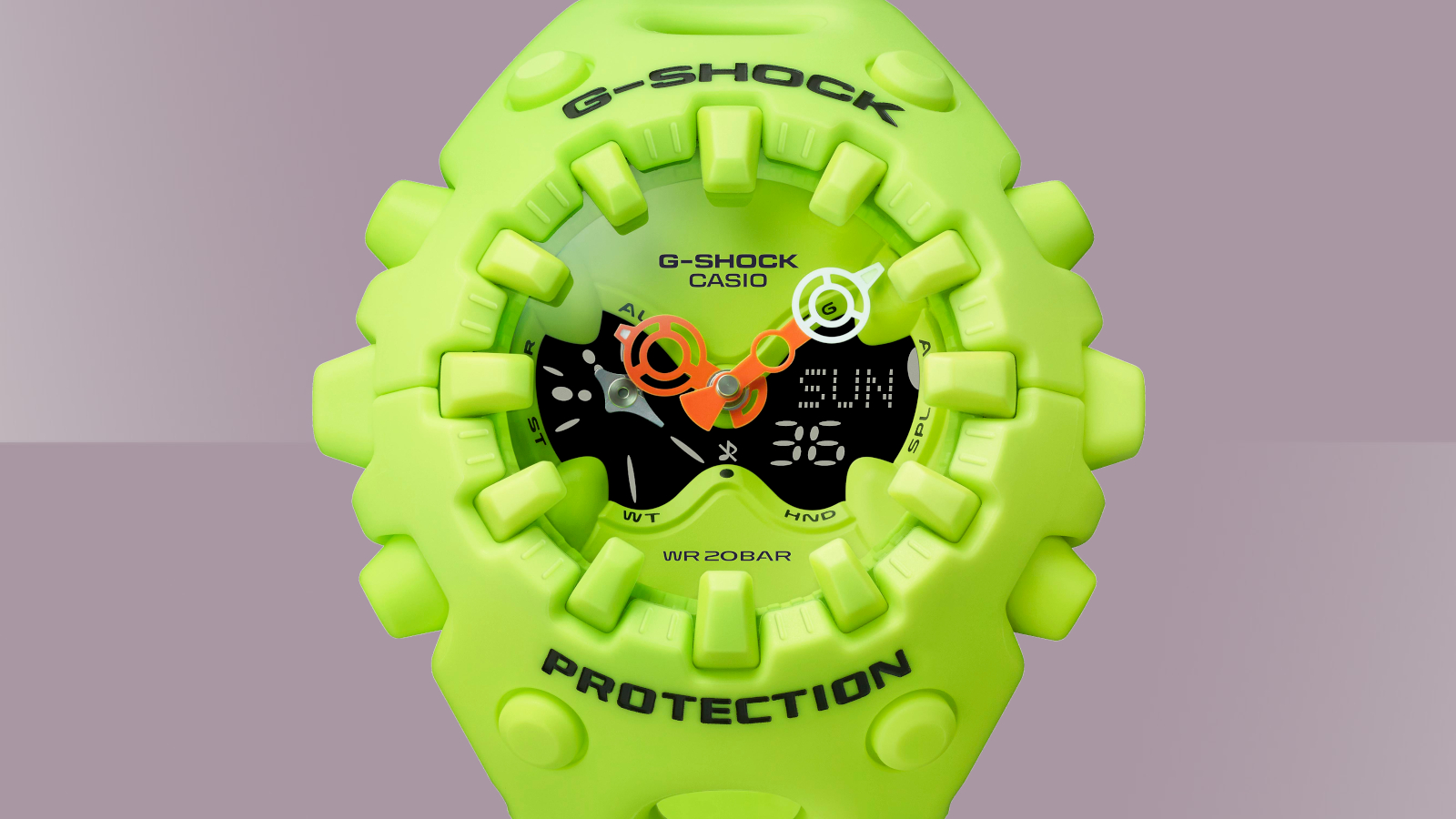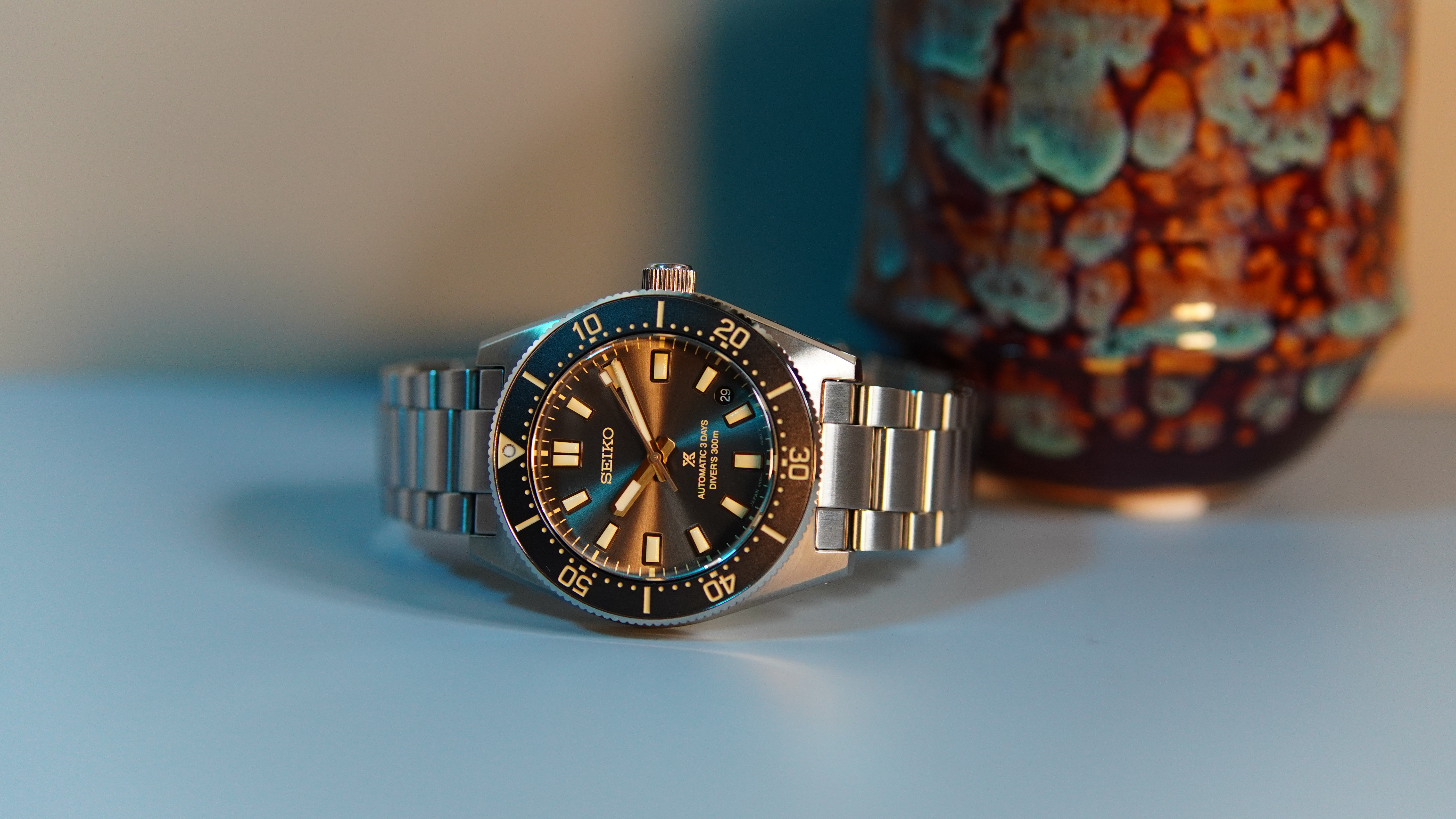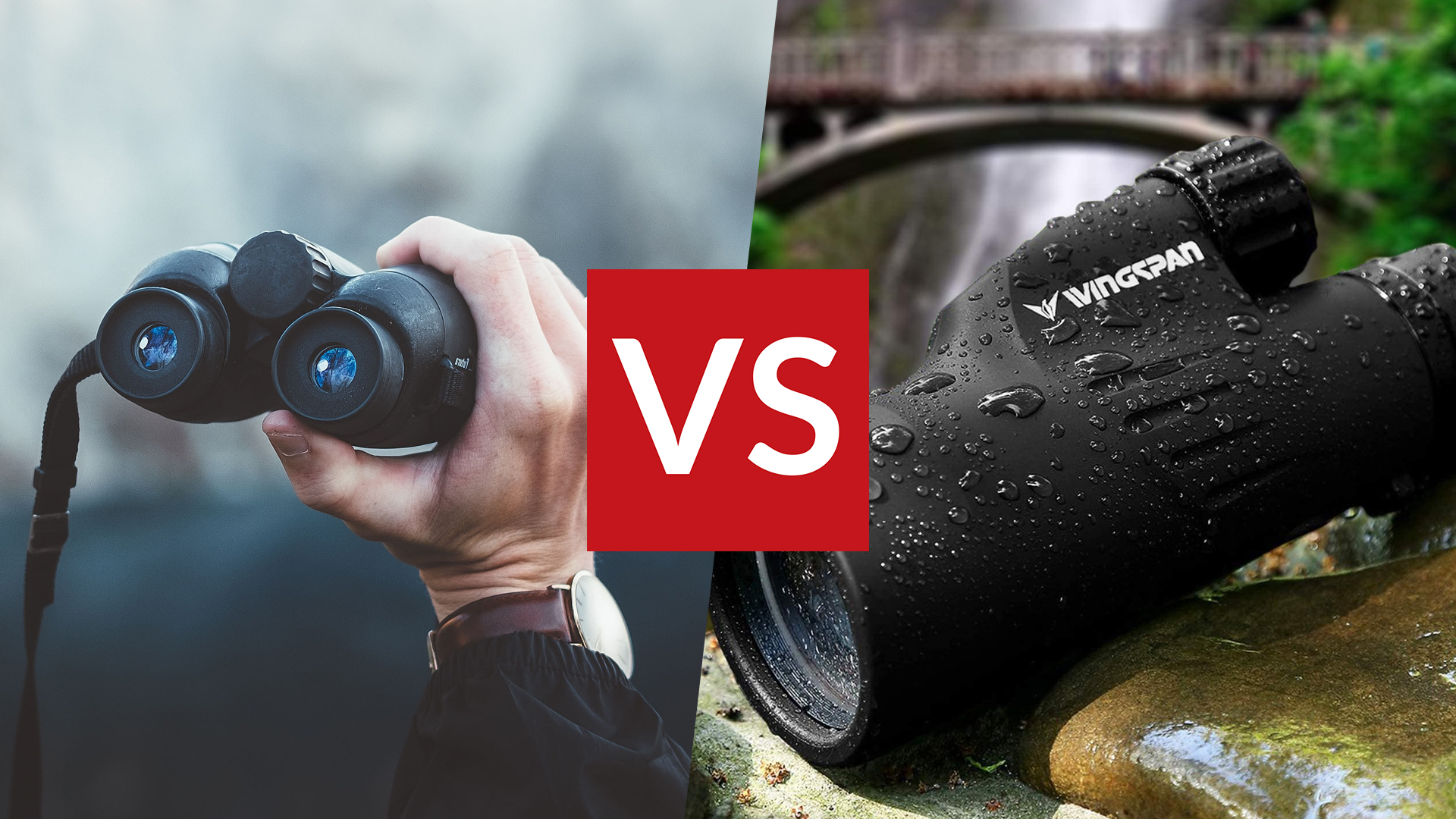

When it comes to the choice between binoculars vs monoculars, going by the sheer popularity and availability of the former, you'd expect binoculars must provide the best vision and viewing option, right? Well, like most things in life it's not quite that black and white. While the more common choice of a pair of the best binoculars will be the first thought of many, there are circumstances in which investing in one of the best monoculars, with their single eyepiece, can prove more practical and better suited to the viewing pursuit at hand, and therefore triumph over the alternative.
Below we examine which are the key benefits of binoculars vs monoculars, highlighting where they differ and where they may at time overlap, in order to help you make the most informed purchase decision possible.
- Binoculars vs spotting scopes: which one is right for your needs?
- We compare telescopes vs binoculars for stargazing
- Explore the best telescopes for beginners
Monoculars vs binoculars: pros and cons
The first and most obvious thing to mention is that a monocular is designed for use with one eye, whereas binoculars are designed for use with both eyes. While the former features one lens, the latter features two.
And, because a monocular is constructed using one single tube rather than two, it tends to make for a more lightweight and portable option than a pair of binoculars – especially if worn around the neck for longer periods of time. So it could be an alternative option for anyone who likes trekking in the great outdoors.
However there is a degree of compromise, in that binoculars offer a wider field of view, whereas a monocular provides a narrower field of view similar to a telescope (more on those in our best telescope guide). The latter might be useful if you're attempting to more precisely zero in on one particular distant object or subject at distance – say during a game of golf or an archery competition – in effect using the monocular more like a compact spotting scope, or telescope.

By comparison a pair of binoculars can make it easier for 'twitchers' when birding, the wider field of view making it slightly less tricky to track a bird's skittish movements when it's flitting about unpredictably in all different directions (find our recommendations in our best binoculars for birdwatching buyer's guide). For the same reason, binoculars can prove a greater aid when watching sports and will feel more comfortable to use for extended periods of time – such as when watching an afternoon of horse racing, or skiers on the slopes from the relative comfort of a nearby lodge or café – without eye fatigue.
And unless the binoculars in question have been poorly aligned, they won't give us double vision – known as 'diplopia' – either. By contrast, using a monocular for extended periods may cause eye-strain, because the vision of one eye is magnified while the other is not.
Sign up to the T3 newsletter for smarter living straight to your inbox
Get all the latest news, reviews, deals and buying guides on gorgeous tech, home and active products from the T3 experts
However, another obvious tick by the monocular, for anyone weighing up the pros and cons of each, is that it tends to be less expensive to buy than an equivalent pair of binoculars. However, because binoculars are more of a mass appeal tool, more companies make them, so there is likely to be a greater choice of options, at a wide and affordable array of prices. Like anything, of course your purchase decision will be influenced not just by specification and performance, but by budget too.
Monoculars vs binoculars: which would suit you?
If staying light and agile is key, especially if heading out on our travels, then for the reasons given above a monocular may appear a good choice. But it's arguably more of a specialist device. So, if we're not sure what we'll encounter in terms of conditions and subject matter, and are looking for a jack-of-all trades tool for whatever observational opportunities life may throw at us, then the binocular is king. While generally speaking binoculars may be bulkier and heavier than a monocular, there are indeed compact, lightweight bino examples to be had, though they more manageable proportions tends to mean a lower powered specification with it.
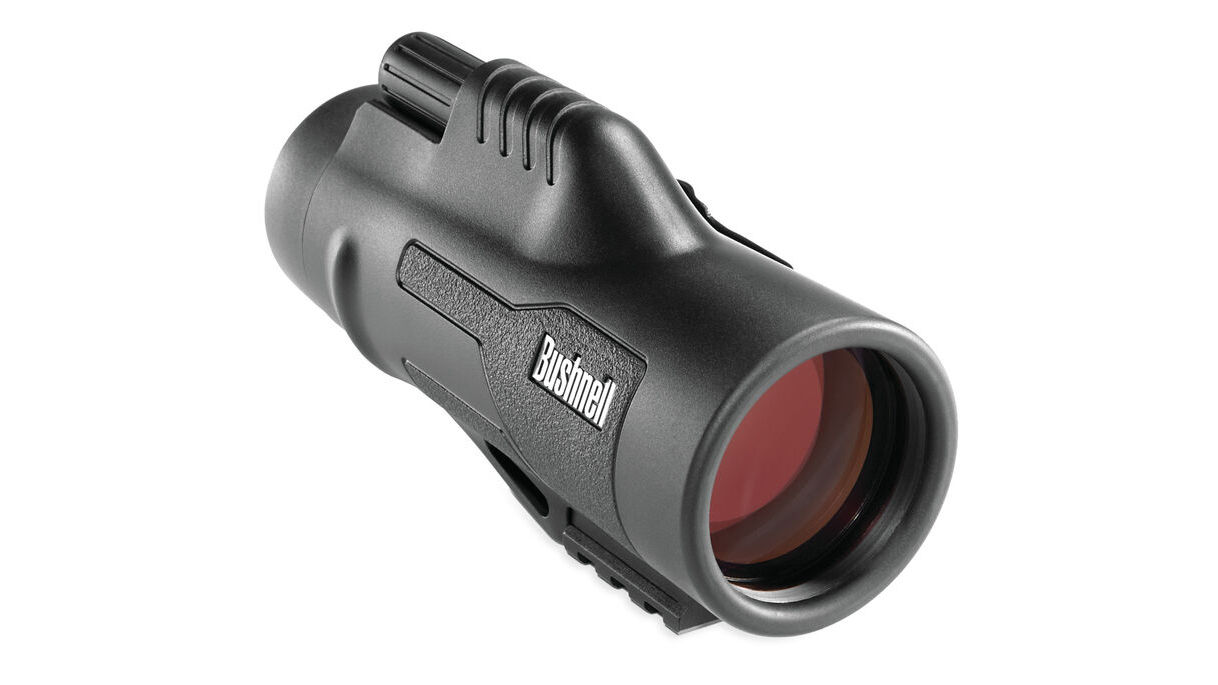
While for sporting events, including equestrian, and for bird watchers who spend prolonged periods tracking our avian friends, a pair of binoculars would appear the best option, the wider field of view they offer over the monocular may also prove useful on the high seas too. And indeed there is a broad range of water-proofed marine binoculars available that helpfully also include a built-in compass as well as allowing users to calculate distance to an object, via a range-finding scale superimposed on the view.
Some would argue that the monocular is preferable to binoculars when it comes to night vision, however, and there are specialist night vision monoculars available not just for those in the military or special forces, but for animal watchers and nature lovers too.
Of course, as there are pros and cons to each device, there is nothing stopping any of us hunting down and investing in both a binocular and monocular, and selecting whichever works best depending on the task and circumstances we're faced with.
Monoculars vs binoculars: features to look for
On any pair of binoculars we'll want to be chiefly looking at the numbers given as part of the model name – for example 10x30 – which denotes a device with a 10x magnification and 30mm objective lens.
The greater the magnification the farther we'll be able to see, while the larger the objective lens the more light will be let in, translating into a brighter and clearer image. Take into account though that the larger the numbers given in the specification are, the physically bigger the binos are, and the greater the price tag will be. Other important features when it comes to binoculars are to look to see if they offer nitrogen purged housing or casing, which prevents fogging when used in cold and wet conditions.
We're looking for very similar features and specification when it comes to a monocular – after all, in broad terms a monocular is half a binocular – so magnification offered as well as size of objective lens is likewise vitally important here, and on those terms both devices are on a level playing field.
Ultimately the answer to 'which is best' when it comes to pitting a monocular against a pair of binoculars is 'it depends'. And, because there is no pat one-size-fits-all answer, investing in both can sometimes make for the soundest choice of all.
Gavin Stoker has been writing about photography and technology for the past 20 years. He currently edits the trade magazine British Photographic Industry News - BPI News for short - which is a member of TIPA, the international Technical Imaging Press Association.
-
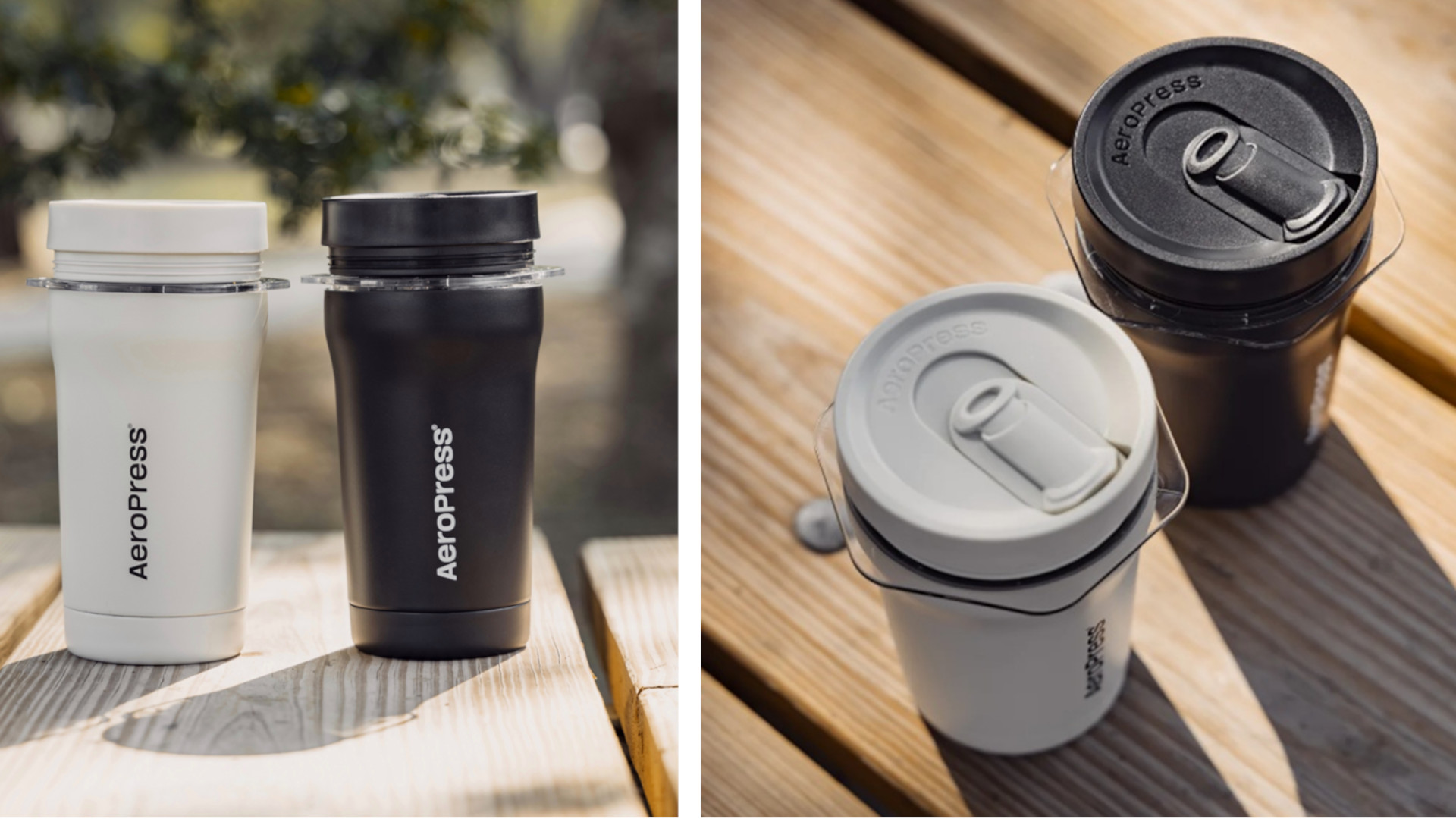 The AeroPress Go Plus is the gadget I need for my next outdoor adventure
The AeroPress Go Plus is the gadget I need for my next outdoor adventureWhether you’re off camping or heading on a hike, the new AeroPress Go Plus lets you enjoy great coffee on the go
By Bryony Firth-Bernard
-
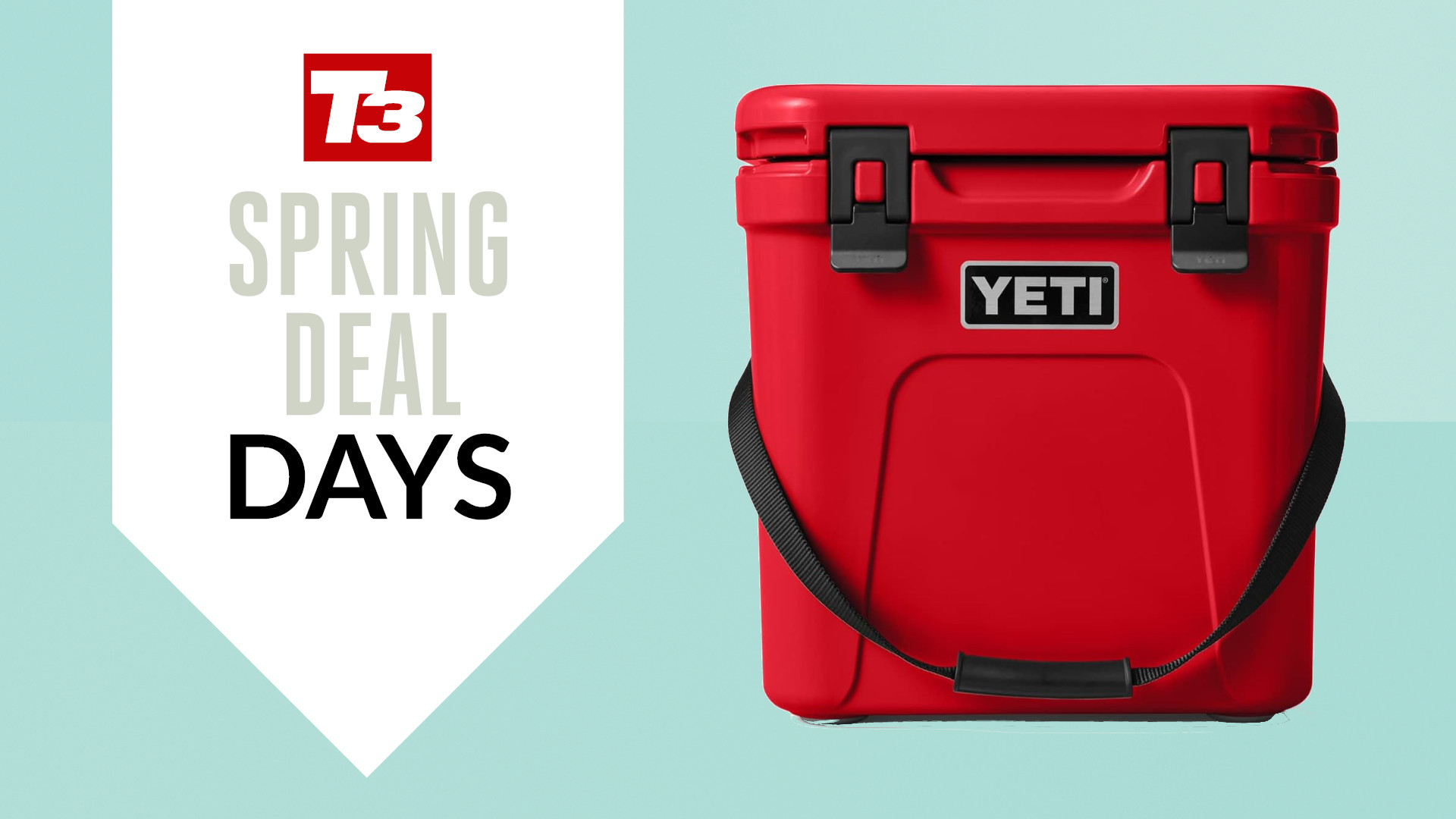 YETI has discounted a ton of its best-selling coolers and tumblers in Amazon’s Big Spring Sale
YETI has discounted a ton of its best-selling coolers and tumblers in Amazon’s Big Spring SaleJust in time for the warmer months
By Bryony Firth-Bernard
-
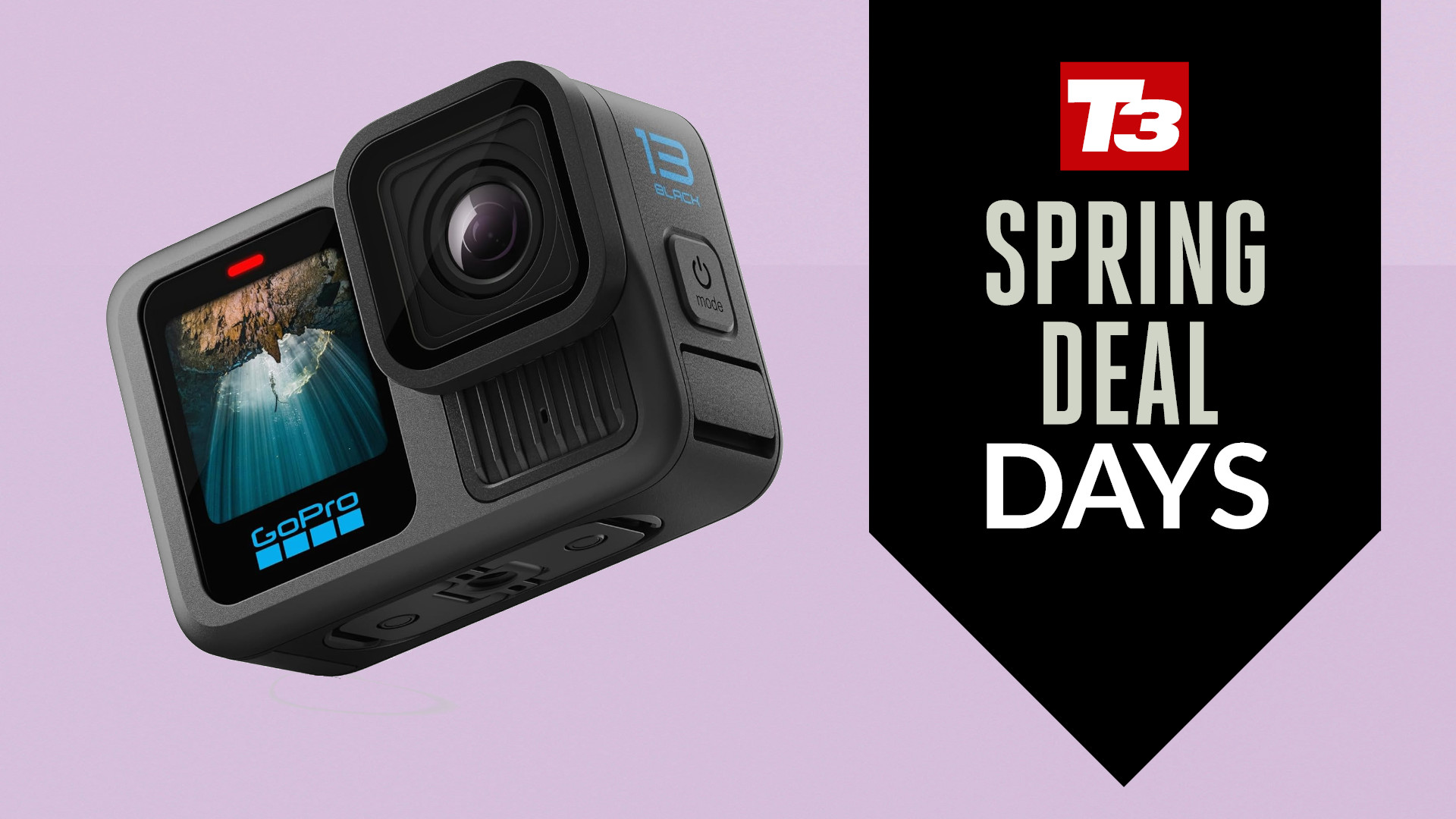 GoPro's latest flagship action cam just got a major price cut in Amazon's spring sale deal
GoPro's latest flagship action cam just got a major price cut in Amazon's spring sale dealYou can pick up the Hero 13 Black with almost 20% off
By Lee Bell
-
 How to pack your rucksack for a hiking or camping trip
How to pack your rucksack for a hiking or camping tripPack properly, save space and get easier access to the items you need the most
By Bryony Firth-Bernard
-
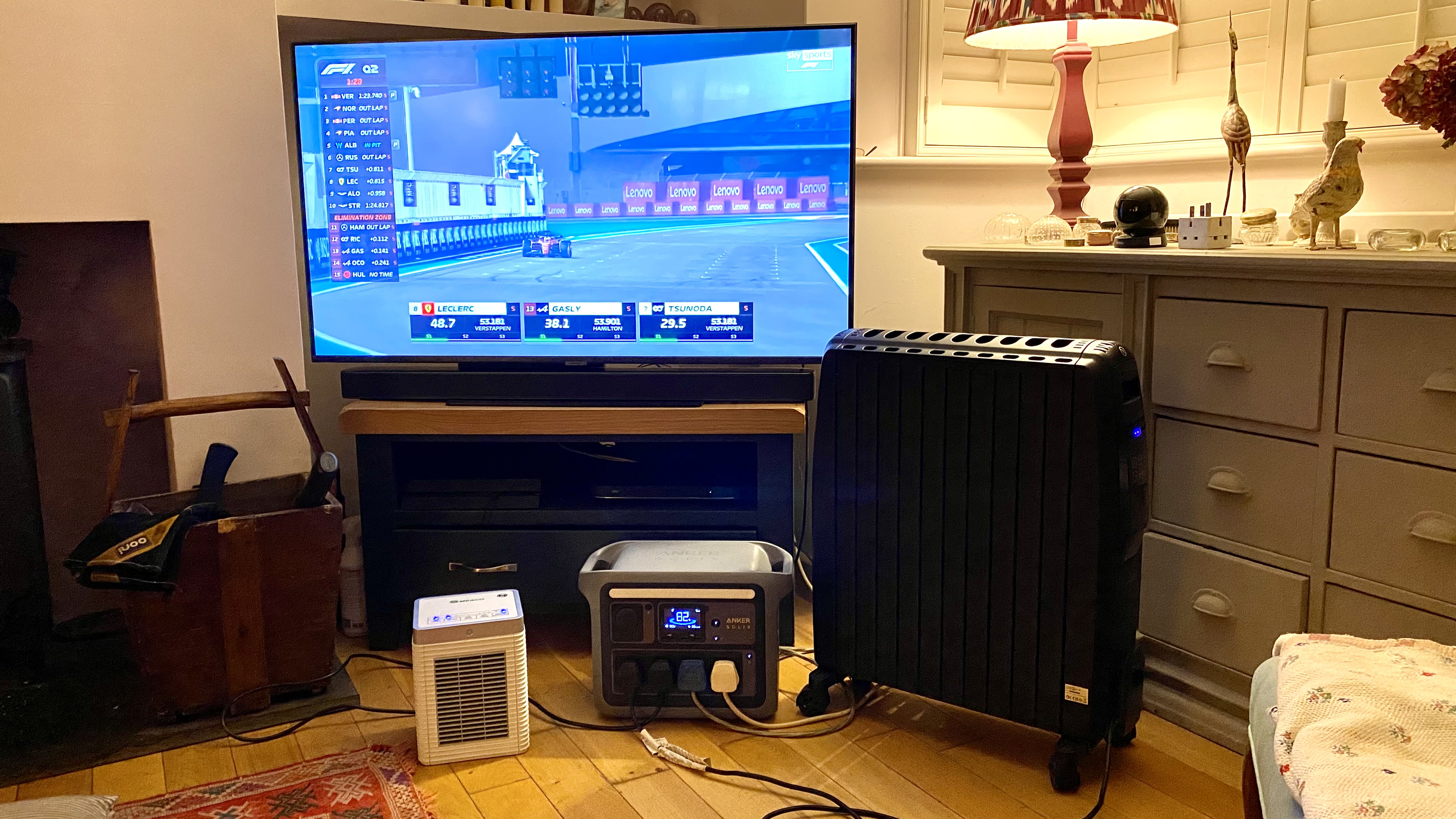 Change my mind: the smaller, the better with portable power stations
Change my mind: the smaller, the better with portable power stationsPut your portable power station to work when you’re not using it
By Derek Adams
-
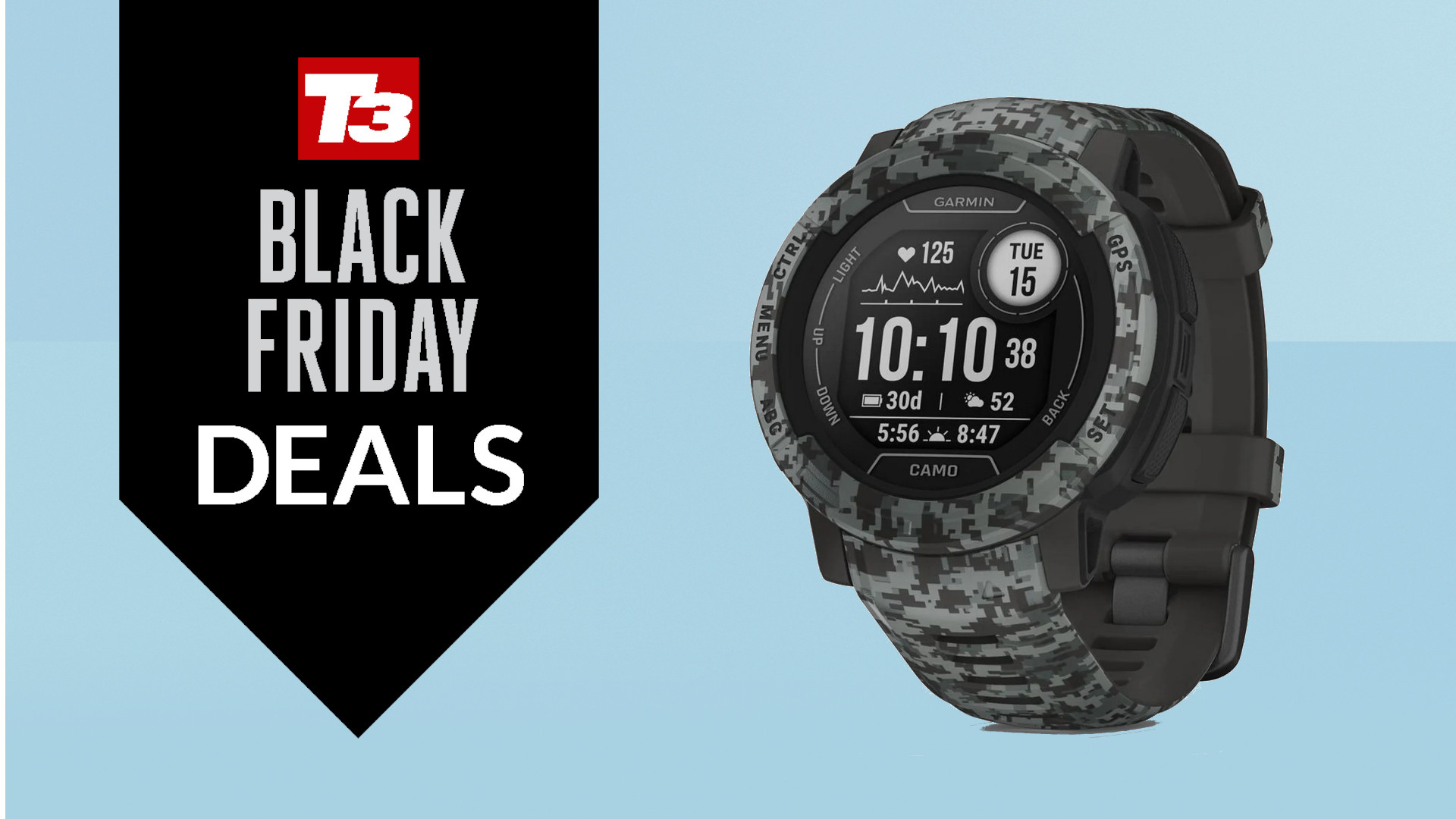 This rugged adventure Garmin is mega cheap in Walmart’s Black Friday sale
This rugged adventure Garmin is mega cheap in Walmart’s Black Friday saleThe Instinct 2 is a top watch for outdoor and sport enthusiasts
By Bryony Firth-Bernard
-
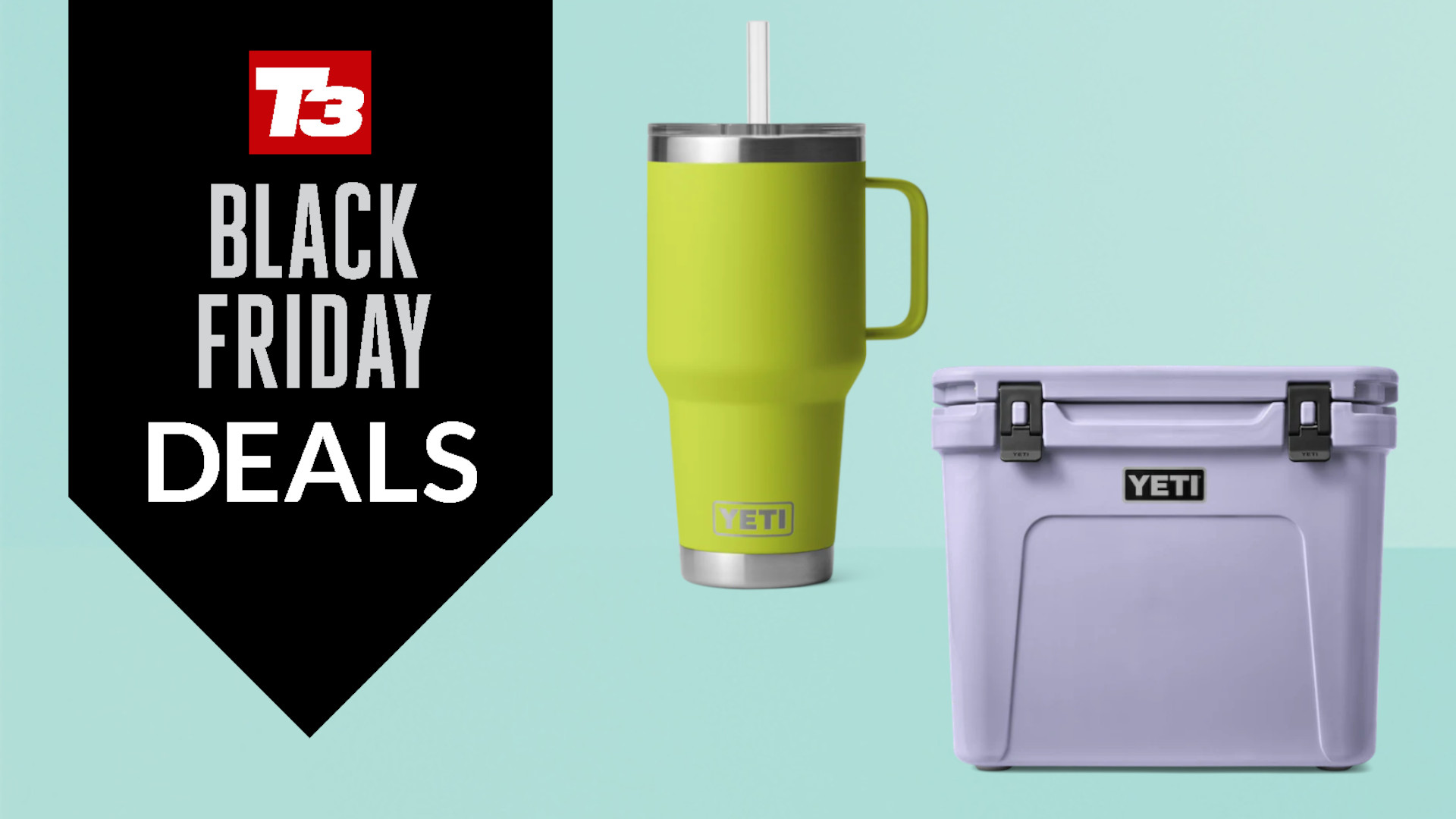 YETI’s best-selling products are ridiculously cheap in Amazon’s Black Friday sale
YETI’s best-selling products are ridiculously cheap in Amazon’s Black Friday saleFancy yourself a tumbler, rambler or cooler? Amazon's reduced them all
By Bryony Firth-Bernard
-
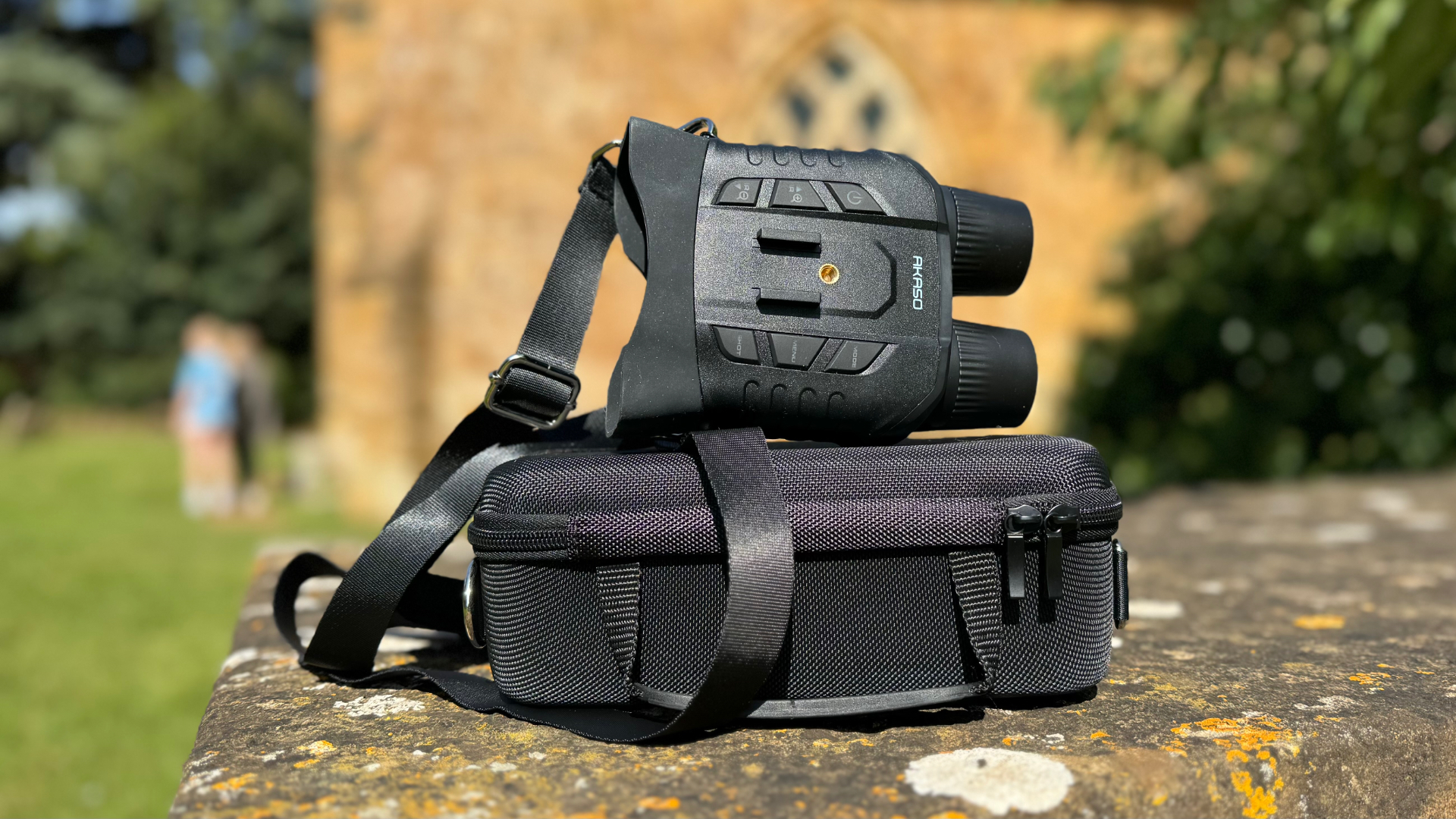 AKASO Seemor 200 night vision goggles review: unparalleled clarity for nighttime adventures
AKASO Seemor 200 night vision goggles review: unparalleled clarity for nighttime adventuresAKASO’s new NVD unlocks the night with cutting-edge colour vision technology
By Derek Adams
